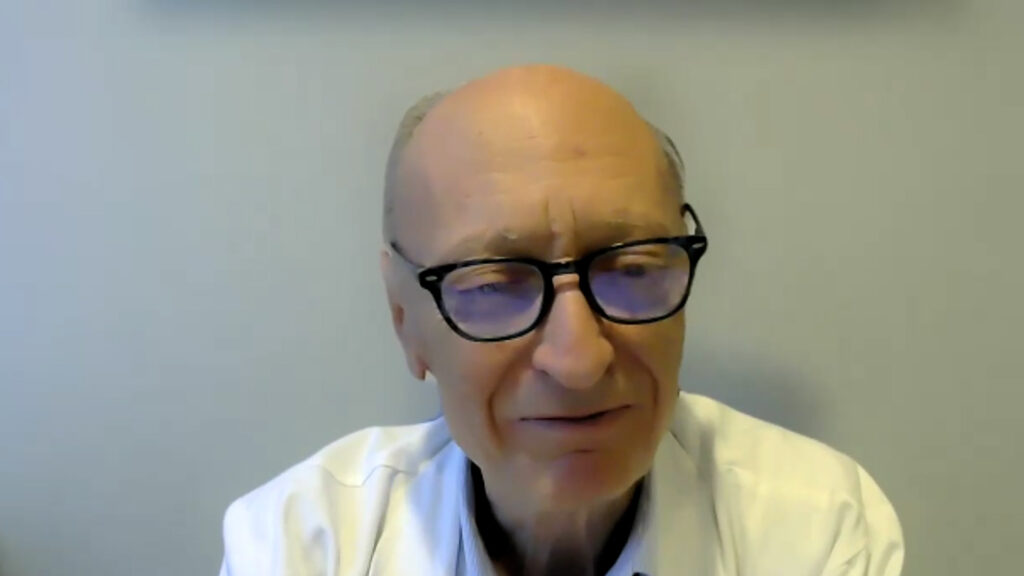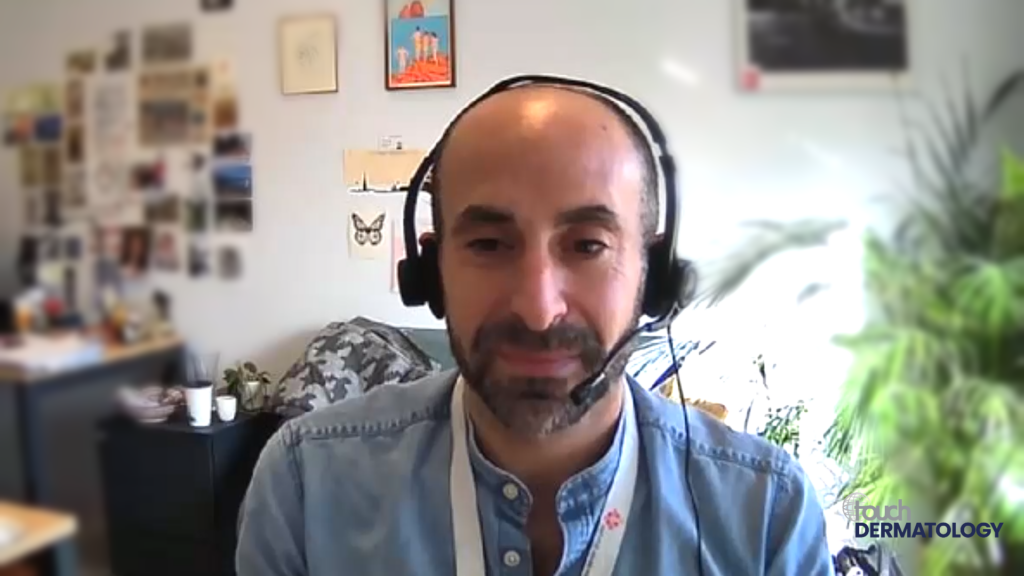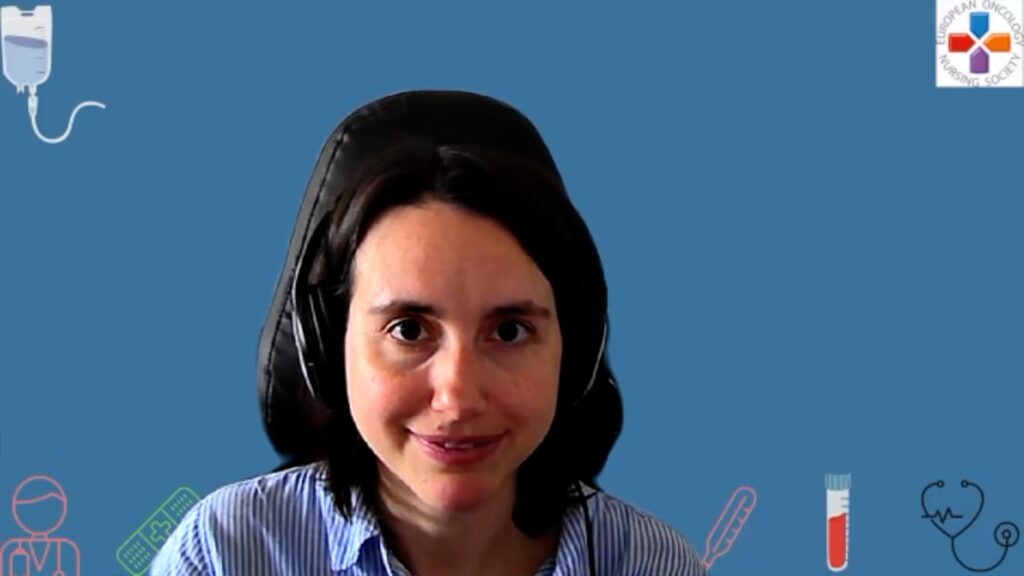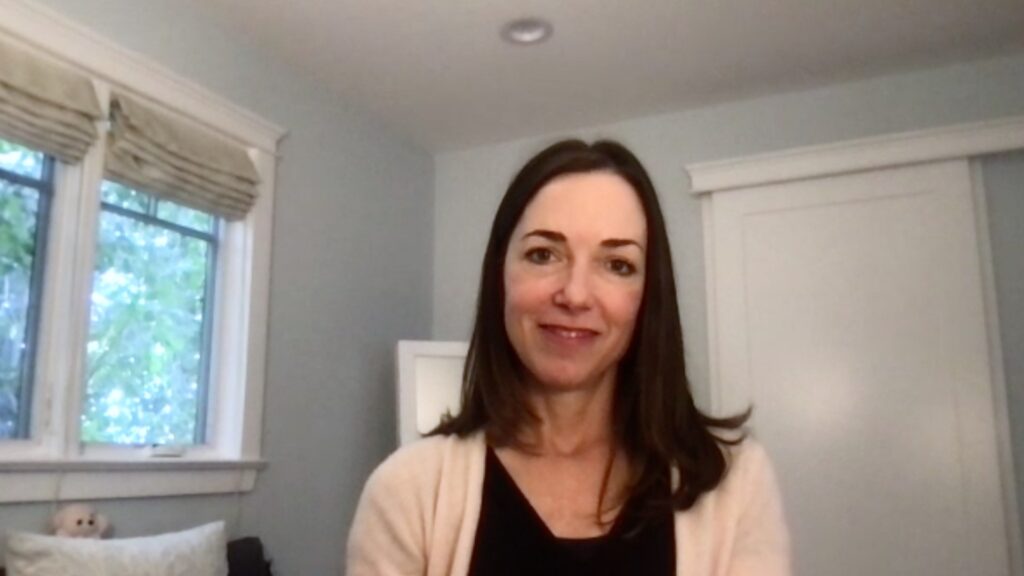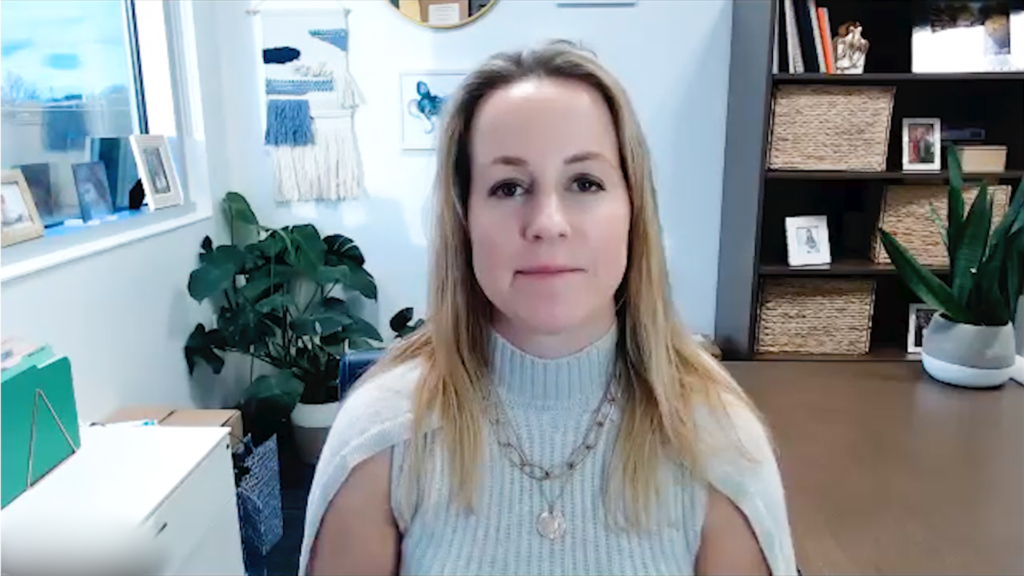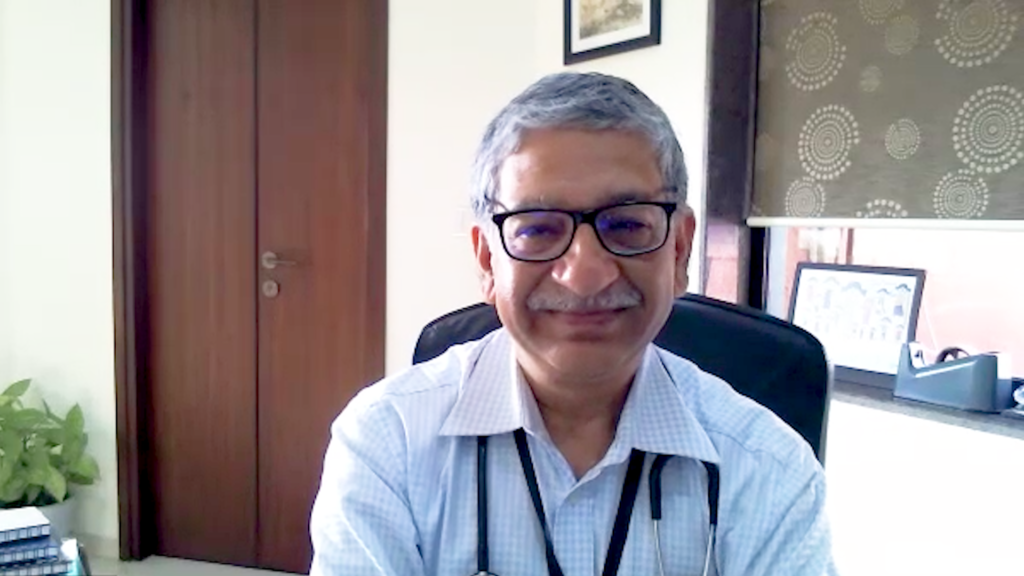Significant advancements in breast cancer research emerged from ESMO 2023. To highlight these key data we spoke with prominent breast medical oncologist, Dr. Sara Tolaney (Dana-Farber Cancer Institute, Boston).
In this interview, Dr. Tolaney highlights some of the most valuable data including those from the KEYNOTE-756 (NCT03725059), Checkmate-7FL (NCT04109066), TOPION-Breast01 (NCT05104866) and monarchE (NCT03155997) breast cancer trials, and provides valuable insights into how they could impact clinical practice and patient outcomes.
Associated abstracts:
Cardoso F, et al. KEYNOTE-756: Phase 3 study of neoadjuvant pembrolizumab (pembro) or placebo (pbo) + chemotherapy (chemo), followed by adjuvant pembro or pbo + endocrine therapy (ET) for early-stage high-risk ER+/HER2– breast cancer. ESMO Congress 2023, LBA21
Bardia A, et al. Datopotamab deruxtecan (Dato-DXd) vs chemotherapy in previously-treated inoperable or metastatic hormone receptor-positive, HER2-negative (HR+/HER2–) breast cancer (BC): Primary results from the randomised phase III TROPION-Breast01 trial. ESMO Congress 2023, Abstract LBA11
Harbeck N, et al. Adjuvant abemaciclib plus endocrine therapy for HR+, HER2-, high-risk early breast cancer: results from a preplanned monarchE overall survival interim analysis, including 5-year efficacy outcomes. ESMO Congress 2023, LBA17
Loi S, et al. A randomized, double-blind trial of nivolumab (NIVO) vs placebo (PBO) with neoadjuvant chemotherapy (NACT) followed by adjuvant endocrine therapy (ET) ± NIVO in patients (pts) with high-risk, ER+ HER2− primary breast cancer (BC). ESMO Congress 2023, LBA20
Disclosures: Dr Sara Tolaney has acted as a consultant for Novartis, Pfizer, Merck, Eli Lilly, AstraZeneca, Genentech/Roche, Eisai, Sanofi, Bristol Myers Squibb, Seattle Genetics, CytomX Therapeutics, Daiichi Sankyo, Gilead, OncXerna, Zymeworks, Zentalis, Blueprint Medicines, Reveal Genomics, ARC Therapeutics, Infinity Therapeutics, Myovant (now Sumitovant Biopharma), Zetagen, Umoja Biopharma, Artios Pharma, Menarini/Stemline, Aadi Biopharma, Bayer, Incyte Corp, Jazz Pharmaceuticals and Natera. Dr Tolaney has also received grant/research support from Genentech/Roche, Merck, Exelixis, Pfizer, Lilly, Novartis, Bristol Myers Squibb, Eisai, AstraZeneca, NanoString Technologies, Gilead, Seattle Genetics, OncoPep and Daiichi Sankyo.
Support: Interview and filming supported by Touch Medical Media Ltd. Interview conducted by Gina Furnival.
Filmed in coverage of the ESMO 2023
Click here for more content on breast cancer & for further ESMO 2023 highlights visit here.
Transcript
My name is Sara Tolaney. I’m a breast Medical Oncologist at Dana-Farber Cancer Institute.
I think we saw a lot of very exciting data come out at ESMO this year.
One area where I think there’s a lot of exciting information, was in the early breast cancer space. Particularly, we saw updated data from monarchE that looked at 5-year outcomes from the use of 2 years of adjuvant to abemaciclib, and what we’re seeing is that there continue to be improvements in invasive disease-free survival. Now, with an absolute difference between the two arms is about 7.6 percent with about a third risk reduction in IDFS events. And what’s really interesting about this is that we’re seeing year by year that absolute benefit actually improves and the curves are continuing to widen despite patients now all being off their abemaciclib, suggesting that there may be a carry-over effect from the use of abemaciclib. I think these data really confirmed that abemaciclib is the standard of care for our patients with high-risk hormone receptor-positive breast cancer.
Also within the early hormone receptor-positive space, we saw data looking at the use of immunotherapy. And this to me was really exciting because truthfully, we haven’t really seen any benefits from immunotherapy in metastatic hormone receptor-positive disease, and so I think the possibility of seeing benefits in early hormone receptor-positive disease was quite a bit of a gamble. I think we weren’t quite sure if it would actually work.
And there were two trials that were presented. One was KEYNOTE-756 and the other was Checkmate-7FL. Both of these trials looked at adding checkpoint inhibition to chemotherapy in the pre-operative setting. So, for example, KEYNOTE-756 randomized patients who had stage 2/3 ER+ disease, but they had to have hihg-risk disease that had to be high grade disease, and patients were randomized to get, anthracycline, taxane-based chemotherapy with or without pembrolizumab and then went to surgery, and after surgery received adjuvant pembrolizumab.
This study was powered for both pathologic complete response rates as well as event-free survival. And we saw that giving pembrolizumab with chemotherapy did improve PCR rates from the teens to about a little over 24 percent. And so this was about a 9 percent delta between the two arms and this is pretty striking to see quite a large improvement in PCR from the use of immunotherapy.
We will, however, have to wait on event-free survival data, which I think will be important, because the relationship between pathologic complete response and event-free survival is not quite so clear as it is in other subtypes of disease, these patients go on, for example, to get endocrine therapy. And so we’ll have to see what that relationship looks like. I think another caveat is in this trial there are going to be very, very few patients who had received any CDK4/6 inhibitors in the adjuvant setting.
One challenge is that you can’t give concurrent CDK4/6 inhibition with checkpoint inhibition. We’ve seen high rates of toxicity like hepatitis and pneumonitis, and so, that will be a remaining question about what the benefits would have been if patients had been given, CDK4/6 inhibition. And then we also saw that data from Checkmate-7FL, which looked also at adding a checkpoint to chemo. In this case, there was nivolumab, anthracycline, taxane chemo. This trial, however there was a decision made to stop the study early just when they had enrollment of over 500 patients because they knew the landscape was changing and that patients would not be able to go on to get adjuvant CDK4/6 inhibition due to toxicity with concurrent checkpoint.
So the study is not actually powered to look at event-free survival, unlike KEYNOTE-756. So the study did show data that was actually remarkably consistent with KEYNOTE-756 where they saw similar improvements in PCR with a PCR rate of about 24 percent.
Their data was interesting because they did seem to see that PD-L1 expression may influence rates for PCR, where if you’re PD-L1 positive, you had a much higher improvement in PCR, where your PCR went up to be over 40 percent, whereas if you’re PD-L1 negative, there’s only about a 3 percent delta between the two arms. And so, obviously, we’re gonna need further fall to really understand the sort of predictive capacity of PD-L1 in this early ER+ space, but I think very exciting and may mean that checkpoint inhibition could be a standard option in the future once we get again longer follow it.
I think other data that we saw at ESMO that was exciting was in the metastatic space, where we saw data emerge from TROPION-Breast01, which had looked at datopotamab deruxtecan (Dato-DXd), a TROP2-directed ADC with a deruxtecan payload. This trial was specifically for patients with metastatic hormone receptor-positive disease that had received one or two prior lines of chemotherapy in the metastatic setting.
These patients were then randomized to get data Dato-DXD or to a treatment of physician’s choice chemotherapy, and the study had a dual co-primary endpoint, which was progression-free survival and overall survival. And what we saw was that Dato-DXD was associated with a statistically significant improvement in progression-free survival compared to standard chemo, going from 4.9 months with chemo, to 6.9 months with the Dato-dxd so about a 2 month delta between the arms, and there was also a higher response rate seen with Dato-DXD, around 36 percent. There were also fewer adverse events with Dato-DXD compared to chemotherapy with your grade 3, 4, AEs with the Dato arm. And interestingly, only about a 3 percent rate of interstitial lung disease (ILD) with Dato-DXD, so very different than what we have seen with trastuzumab deruxtecan (T-DXd) in the past. So, hopefully, we will see Dato-DXD become a new standard option for metastatic hormone receptor-positive breast cancer patients.


